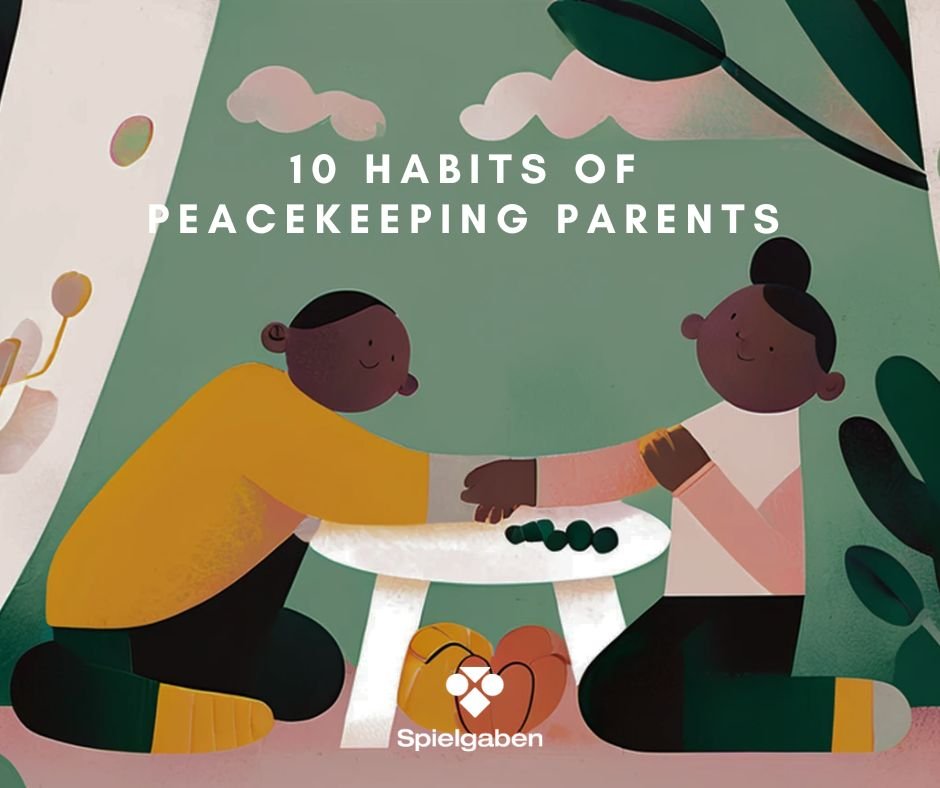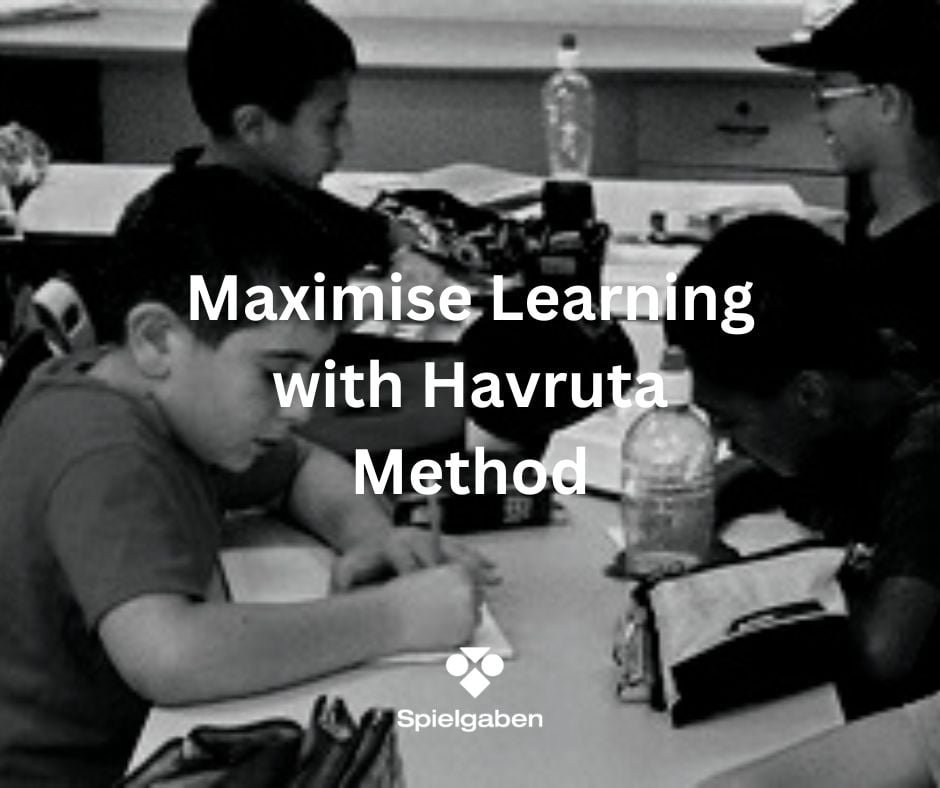How To Turn Arguments to Understanding: 10 Habits of Peacekeeping Parents
Key Takeaways for Peacekeeping Parents:
- Listen more, assume less. Your child’s experience is uniquely their own, even if it seems familiar to you.
- Be genuinely curious about your child’s world, interests, and perspective.
- Assume positive intentions behind challenging behaviors. Most kids want to do well and make you happy.
- Address concerns without triggering fears. Focus on building confidence rather than leveraging insecurities.
- Challenge yourself to see the merit in your child’s perspective, even when you disagree.
- Adapt your parenting as your child grows and circumstances change.
- Create regular opportunities for casual connection outside of high-stress moments.
- Use gentle humor to diffuse tension without dismissing feelings.
- Cultivate your own inner peace as the foundation for family harmony.
- Accept that many parenting challenges evolve rather than resolve completely.

Have you ever wondered why your perfectly reasonable explanation about screen time limits was met with tears, door slamming, or the dreaded eye roll? Or why your simple question about homework turned into World War III at the dinner table? If communicating with your child sometimes feels like negotiating with a tiny, emotional dictator, you’re not alone.
Even parents who excel at handling workplace conflicts or navigating complex social situations can find themselves completely baffled when trying to communicate with their own children. The good news? The same peacemaking skills that help resolve conflicts in other areas of life can transform your relationship with your children.
Inspired by Steven T. Collis’s work on peacemaking, here are ten habits that can help you navigate the sometimes turbulent waters of parenthood with more patience, understanding, and yes—even humor.
Habit 1: Practice Intellectual Humility and Reframing
Remember the time you confidently told your child that the playground would be “just fine” on a Tuesday morning, only to arrive and find it closed for maintenance? Or when you assured them that the movie wouldn’t be scary, right before they spent two hours clutching your arm in terror?
As parents, we often assume we know what’s best, what’s happening, or how our children feel. But intellectual humility means recognizing that our understanding is limited—especially when it comes to our children’s experiences.
“But I was a kid once too!” you might protest. True, but you weren’t this kid, in this era, facing these specific challenges. Your eight-year-old navigating social media pressures is experiencing something fundamentally different from your pre-internet childhood.
Practical Tip: Instead of saying, “You shouldn’t be upset about this,” try, “Help me understand why this matters so much to you.” Rather than framing conflicts as you versus your child, reframe them as both of you versus the problem.
Habit 2: Seek Real Learning
When your child develops a sudden obsession with something you know nothing about—whether it’s Minecraft, K-pop, or the detailed hierarchy of their school’s social groups—it’s tempting to nod along without really engaging.
But seeking real learning means being genuinely curious about your child’s world. And sometimes, that means letting them be the expert.
Practical Tip: Set aside dedicated time for your child to teach you about their interests. Ask questions, even if the topic seems trivial. Not only will you gain insight into their world, but you’ll also model what respectful learning looks like.
Habit 3: Assume the Best About Your Child
When you discover an empty cookie jar and your child’s suspicious chocolate-smeared face, it’s natural to jump to conclusions. But even in clear-cut cases of cookie theft, assuming the best about your child’s underlying motivations creates space for growth.
Perhaps they weren’t being deliberately disobedient—maybe they were hungry, impulsive, or testing boundaries to understand how rules work. Children, like adults, rarely act with malicious intent.
Practical Tip: When your child does something that frustrates you, take a breath and ask, “What were you hoping would happen?” This question assumes they had positive (or at least logical) intentions, even if their execution was flawed.
Habit 4: Don’t Feed Your Child’s Worst Fears
“If you don’t study harder, you’ll never get into college!” “Keep acting like that and nobody will want to be your friend!”
Sound familiar? When we’re frustrated, it’s tempting to use our children’s deepest insecurities as leverage. But this approach shuts down communication and reinforces their worst fears about themselves.
Practical Tip: Replace fear-based statements with confidence-building alternatives: “I notice math has been challenging lately. What kind of support would help you feel more confident?” This addresses the concern without triggering insecurity.
Habit 5: Hunt for the Best Argument Against You
Nine-year-old Emma insists she’s old enough to walk to school alone. Your immediate reaction might be, “Absolutely not—you’re too young!” But what if you challenged yourself to consider the strongest version of her argument?
Maybe independence would boost her confidence. Perhaps the route is safer than you initially thought. Or possibly her friends are already walking alone, and this is an important social milestone.
Practical Tip: When your child presents an idea you’d normally reject, say, “Let me think about the best reasons why that might work.” Then actually do it! You might still decide against their proposal, but you’ll have a more productive conversation—and they’ll feel heard.
Habit 6: Be Open to Change
Remember how your parents swore they’d never let you [insert now-commonplace activity]? And how outdated that stance seems now? Parenting requires constant adaptation as children grow, culture evolves, and new information emerges.
When my son was four, I had strict rules about toy guns. By the time he was six, I realized that every stick, toast crust, and banana naturally transformed into an imaginary weapon in his hands. Rather than fighting a losing battle, I adjusted my approach to focus on teaching respectful play instead.
Practical Tip: Periodically review your family rules and ask, “Does this still serve its original purpose?” Be willing to update policies as your children mature or circumstances change.
Habit 7: Spend Time Together
It’s a parenting cliché that quantity time matters as much as quality time, but clichés become clichés because they contain truth. The delegates drafting the U.S. Constitution made progress not just during formal debates but during shared meals and evening socializing. Similarly, your most meaningful connections with your child might happen during an impromptu ice cream run or while folding laundry together.
Practical Tip: Create regular, low-pressure opportunities for connection. Car rides, walking the dog, or cooking together provide natural moments for conversation without the intensity of a formal “talk.”
Habit 8: Use a Sliver of Humor
When tensions rise, a well-timed bit of silliness can work wonders. I once diffused a brewing tantrum by pretending the broccoli on my plate was giving a dramatic speech about wanting to be eaten. Was it Oscar-worthy comedy? Hardly. Did it transform my child’s mood? Absolutely.
Humor reminds everyone that the relationship matters more than the current conflict. It creates breathing room when emotions run high.
Practical Tip: Develop a few go-to moves for lightening the mood. Maybe it’s a silly dance, a family inside joke, or your terrible impression of their favorite character. Use these thoughtfully—humor should ease tension, not dismiss legitimate feelings.
Habit 9: Seek Inner Peace
Children are emotional sponges, absorbing the atmospheric pressure of your internal weather. When you’re stressed, anxious, or angry, they feel it—even if you think you’re hiding it well.
Developing practices that foster your own calm creates a more peaceful environment for everyone. You simply cannot give your children peace if you don’t cultivate it within yourself first.
Practical Tip: Identify simple practices that help you reset when parenting gets overwhelming. It might be three deep breaths before responding, a quick walk around the block, or even the parental time-out (where YOU go to your room for five minutes of quiet).
Habit 10: Embrace the Discomfort of Non-Closure
Parenting rarely offers the satisfaction of perfectly resolved storylines. The argument about screen time today is merely Act One in an ongoing conversation. The question about friendships gets revisited as children mature.
The homework struggles evolve but don’t magically disappear.
Embracing non-closure means accepting that many parenting challenges aren’t solved once and for all but navigated over time with growing wisdom.
Practical Tip: When facing a recurring challenge with your child, try saying, “I don’t have this all figured out yet, but I’m committed to working on it together.” This honest approach builds trust and resilience.
Conclusion
The journey of raising children is filled with moments of miscommunication, frustration, and sometimes outright conflict. But by practicing these habits of peacekeeping parents, you create more opportunities for understanding, growth, and connection along the way. The goal isn’t perfect harmony—it’s creating a relationship where both you and your child feel valued, understood, and equipped to navigate life’s challenges together.













LEAVE A COMMENT